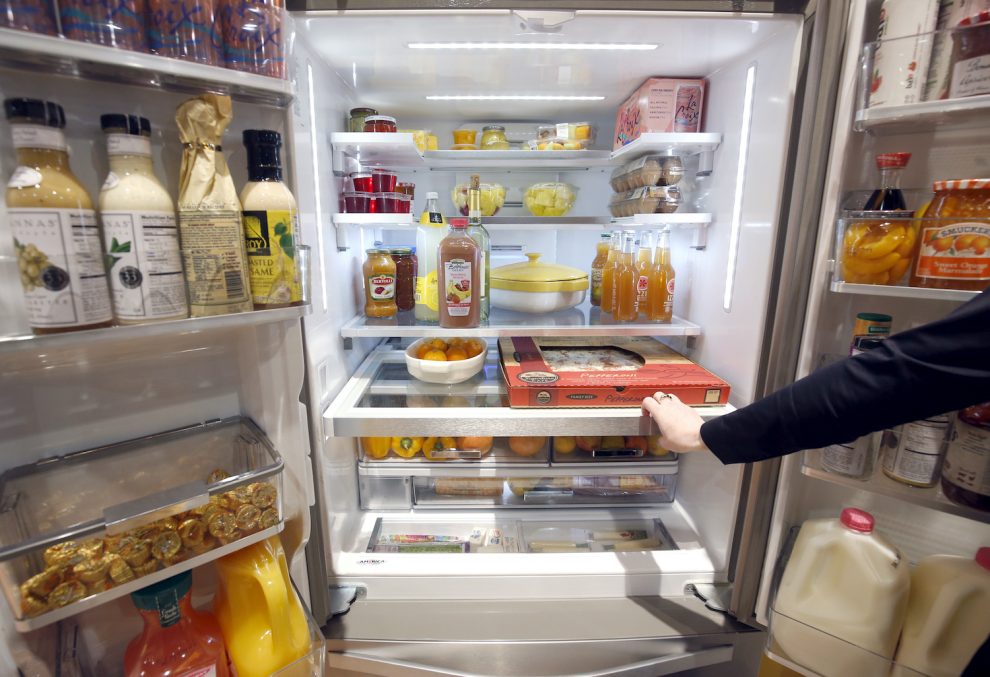The global shortage of chips that has halted car production lines and hit stockpiles at gadget makers is now hampering home appliance makers.
US-based Whirlpool, one of the world’s largest white goods firm, saw chip deliveries fall short of its orders by about 10% in March, Jason Ai, the firm’s president in China, said.
“It’s a perfect storm. On the one hand we have to satisfy domestic demand for appliances, on the other hand we’re facing an explosion of export orders. As far as chips go, for those of us in China, it was inevitable,” he added.
Read more: Cloud-based working sparks boom for next-gen cyber security firms
The company has struggled to secure enough microcontrollers, simple processors that power over half of its products including microwaves, refrigerators, and washing machines.
While the chip shortage has affected a range of high-end suppliers like Qualcomm Inc, it originated and remains most severe for mature technologies, for example power-management chips used in cars.
Samsung Electronics said on Tuesday that production at its US chip plant at Austin, Texas had returned to “near-normal” levels as of last week after more than a month of disruption that exacerbated a global chip capacity crunch.
But Japanese chipmaker Renesas Electronics said it would take at least 100 days to get back to normal production at its fire-hit plant, even as the government urged some Taiwanese companies to help with alternative chip production.
PANDEMIC IMPACT
The chip shortage, which began in earnest in late December, was caused in part as automakers miscalculated demand and pandemic-fuelled sales of smartphones and laptops surged. It forced carmakers including General Motors to cut production, and increased costs for smartphone makers such as Xiaomi Corp.
And with every company that uses chips in its products panic buying to shore up its stockpile, the shortage has blindsided not just Whirlpool but other appliance makers too.
Hangzhou Robam Appliances Co Ltd, a Chinese white goods maker with over 26,000 employees, had to delay the release of a new high-end stove vent by four months because it couldn’t source enough microcontrollers.
Already cutthroat, profit margins at white goods firms are getting further squeezed due to the shortage.
INTENSE COMPETITION
Robin Rao, planning department director of China’s Sichuan Changhong Electric Co Ltd, said lengthy replacement cycles for appliances, coupled with intense competition and a slowing real estate market, have long kept profit margins thin.
“But because of these core components and chips, our supply chain capital costs have increased.”
To deal with the shortage of microprocessors and flash memory chips, Dreame Technology – a vacuum cleaner brand funded by Xiaomi – cut its marketing budget and hired extra staff just to manage relationships with suppliers.
Dreame has also spent “several million yuan” to test out chips that could serve as alternatives to the ones it typically uses, said Frank Wang, the company’s marketing director.
“We’re working to have deeper control of our suppliers, and are even looking to invest in a few suppliers,” he said.
- Reporting by Reuters
























